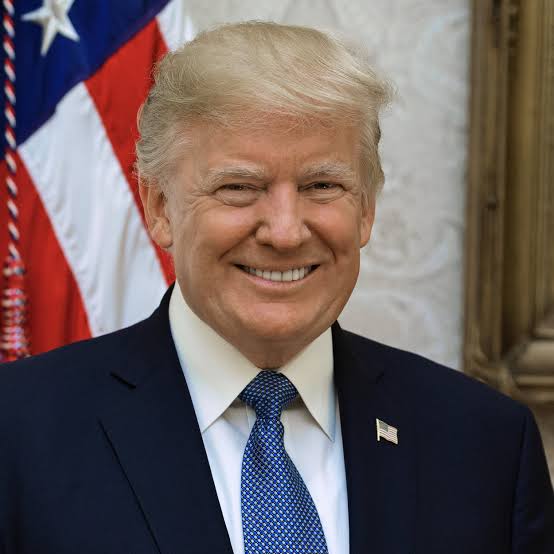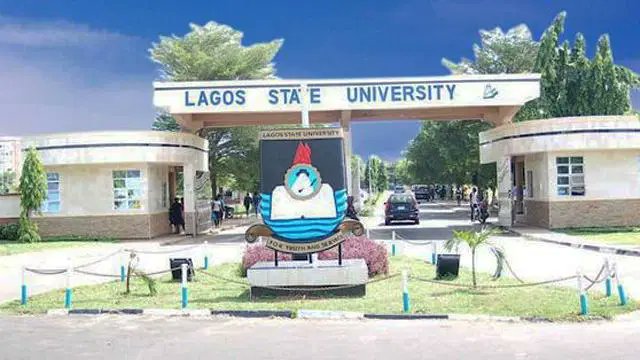
“Middle Class Now Begging”: Chimamanda Adichie Blasts Nigeria’s Economic Collapse Amid Soaring Food Prices and Mass Poverty

By Busterblog.com | August 2, 2025
Celebrated Nigerian author Chimamanda Ngozi Adichie has ignited a national debate after her searing remarks on Nigeria’s deepening economic crisis, declaring that even the once-thriving middle class is now begging to survive.
Her comments, made during a panel discussion at the Global Economic Voices Summit in Accra, have gone viral across social media, resonating with a public battered by relentless inflation, mass unemployment, and a collapsing naira.
“The people who once had something now have nothing. People who had jobs, homes, cars… are now begging on the streets,” Adichie said. “We cannot call this a recession. This is slow economic death.”
Her statements mirror the dire projections from the World Food Programme (WFP), which estimates that 33.1 million Nigerians will face acute food insecurity in 2025—an unprecedented figure in a non-war zone. Analysts tie the crisis to runaway inflation, which has soared above 34%, and a naira that has lost over 60% of its value since 2023.
Backing Adichie’s claims is recent data from Nigeria’s National Bureau of Statistics (NBS). Between 2023 and 2024, the average price of a kilogram of beans—once a staple of the Nigerian diet—rose from ₦430 to ₦1,640, marking a 282% increase. Similar price shocks have affected garri, rice, and cooking oil, forcing millions of households to cut meals, switch diets, or go without food altogether.
“This isn’t just poverty—it’s engineered suffering,” said Lagos-based economist Tosin Adebanjo. “You can't remove fuel subsidies, devalue the currency, raise electricity tariffs, and not expect a humanitarian implosion.”
Adichie’s criticism also indirectly targeted the economic reforms under President Bola Tinubu, particularly the abrupt fuel subsidy removal in mid-2023 and subsequent floating of the naira. While designed to curb fiscal deficits and attract foreign investment, the policies have delivered short-term shocks to ordinary Nigerians—especially the middle class, once viewed as the country's engine of stability.
International organizations are sounding the alarm. The World Bank estimated that by 2018, 46.4% of Nigerians were living below the poverty line, and with recent inflation and currency collapse, that figure may now hover closer to 60%—though updated data is still being finalized.
In a call for radical self-reliance, Adichie pointed to China’s development model, citing its 42.1% gross savings rate from 1982 to 2017 as a crucial factor in lifting hundreds of millions out of poverty. “China invested in itself—its people, its infrastructure, its local capacity. Nigeria must do the same, or we will continue to drown in IMF prescriptions and foreign debt,” she said.
Her remarks are fueling a growing intellectual movement that questions Nigeria’s dependence on Western-style capitalism, calling instead for a hybrid economic model built around savings, local production, and social welfare.
As the country grapples with the worst cost-of-living crisis in its post-independence history, voices like Adichie’s are becoming more central to national discourse. For now, her words echo not just in policy circles but in the aching stomachs and empty wallets of millions.

